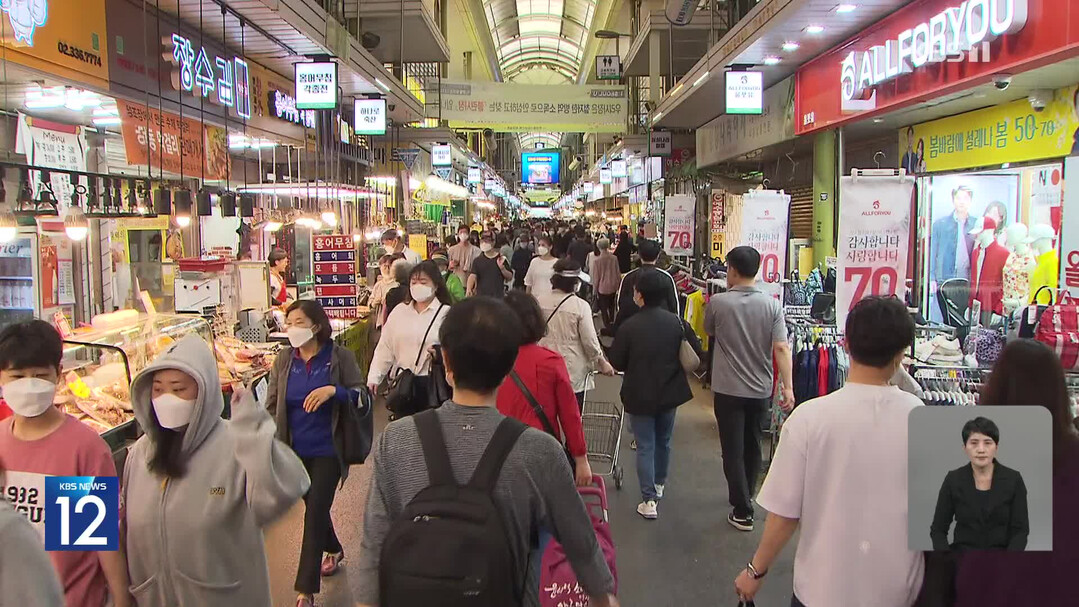
SEOUL – South Korea's workers are facing a growing income squeeze as wage growth has slowed for the second consecutive year while consumer prices have continued their relentless climb. This widening gap between wage increases and inflation has resulted in the largest negative difference since the global financial crisis, raising concerns about declining living standards and deepening income inequality.
According to data released by the National Tax Service and analyzed by Representative Lim Gwang-hyeon of the Democratic Party, the average annual salary for South Korean workers in 2023 was 43.32 million won ($32,500 USD). This represents a modest 2.8% increase from the previous year, the lowest growth rate since 2020 when the COVID-19 pandemic began.
This sluggish wage growth contrasts sharply with the 3.6% surge in consumer prices in 2023, following a 5.1% jump the year before. The persistent rise in inflation has eroded the purchasing power of workers, leading to a -0.8% point difference between wage and price growth – the largest such gap since 2009.
"The income growth of 20 million workers is weakening, and the negative gap in real income, which reflects purchasing power considering inflation, is widening further," Representative Lim emphasized. "We must focus on tax and fiscal policies that support income improvement for workers."
While the overall tax burden on workers has slightly decreased due to recent tax law revisions, the benefits have disproportionately favored the highest earners. The top 0.1% of income earners, with an average annual income of 960 million won, saw their tax burden reduced by 5.2%. In contrast, the average worker in the middle 50% income bracket experienced a slight increase in their tax burden.
This disparity in tax relief has further exacerbated income inequality, raising questions about the fairness of the tax system and the government's commitment to addressing the growing income gap.
The combination of stagnant wages, rising inflation, and unequal tax benefits poses a significant challenge to South Korean workers and the overall economy. As living costs continue to rise, workers are struggling to make ends meet, leading to increased financial strain and diminished consumer spending.
Experts warn that this trend could have long-term consequences for the economy, including reduced consumer confidence, decreased economic growth, and increased social unrest. They urge the government to take decisive action to address the income squeeze facing workers, including measures to boost wage growth, control inflation, and ensure a fairer distribution of tax benefits.
[Copyright (c) Global Economic Times. All Rights Reserved.]



























